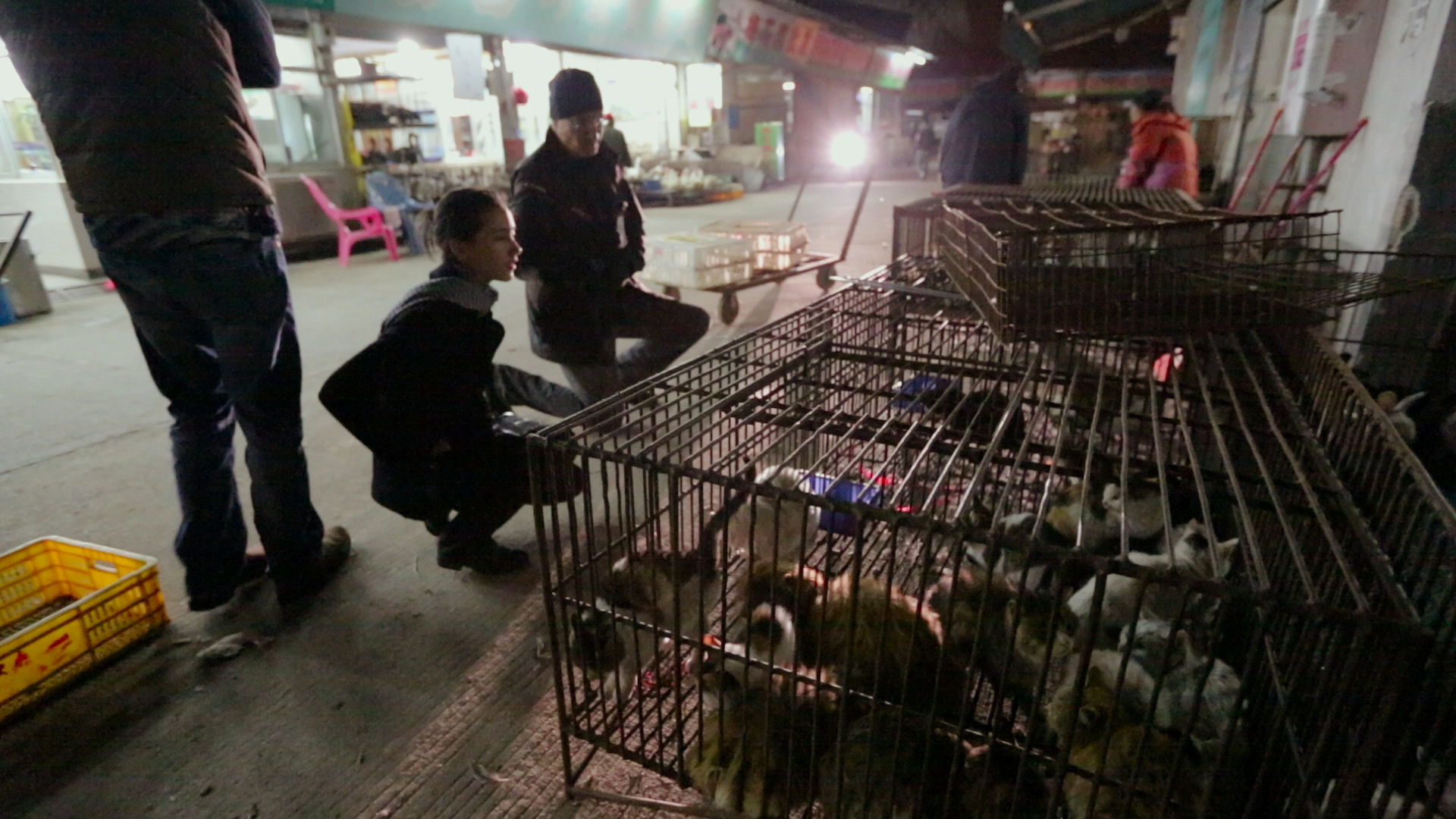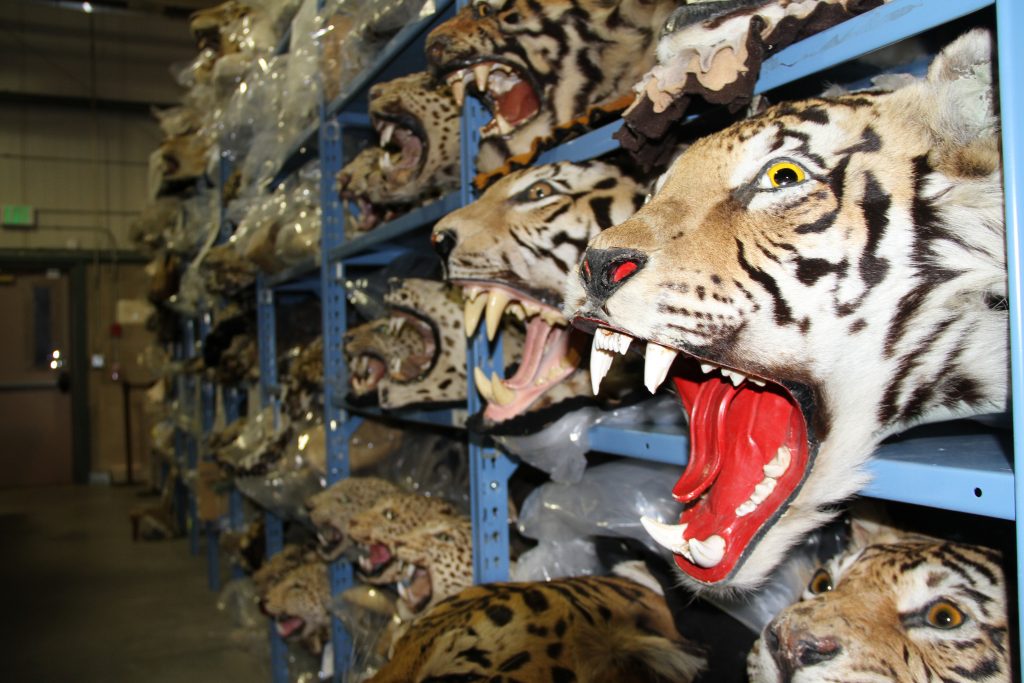
We now know that COVID-19, the disease caused by the novel coronavirus that is causing tens of thousands to become ill or lose their lives, is spreading because of our collective exploitation of wildlife. Researchers and health authorities have linked the origins of the virus to the live food markets in China where wildlife is transported, caged in appalling conditions, and slaughtered in front of paying customers.
Necessarily, this means we are focusing our lens in certain markets, in specific countries, and on particular practices. Although the wildlife trade is global and these live animal markets are found in other places, especially throughout Asia and Africa, we need to identify markets wherever they occur, call them out, and shut them down.
When we expose the truth, we open our social media channels to negative commentary and criticism that may be redirected towards others, or even towards us, inappropriately. While we do not condone, promote, nor encourage the denigration of cultures or peoples—and will not tolerate abusive, disrespectful or aggressive language that targets individuals–OPS will continue to shine our light on practices that harm human and animal life, and threaten the stability of our planet wherever they occur.
The economic and personal devastation to families and loss of human life during the pandemic is incalculable. But the heartbreaking story doesn’t begin or end there. We must not forget the animal lives and the loss to biodiversity that is also part of this tragic narrative. Our treatment of, and proximity to, wildlife is at the root of our disease.
Both the legal and illegal wildlife trade feeds markets and shops where exotic wildlife and other animals commingle in close quarters crowded with human consumers. Why is the mainstream media not laser-focused on the origins of this deadly disease? Perhaps it is the graphic imagery associated with these markets—or perhaps because it is challenging enough to focus on the heartbreaking human death toll and our response to this crisis.
In our quest for cures—and in honor of lives lost—we must not neglect conversations about prevention. Live animal markets not only play a role in the spread of disease, they are an assault on biodiversity. By selling threatened and endangered animals, extracted from marginalized and exposed habitats, these markets are also pushing species toward extinction. We must never forget the suffering and exploitation of which we spare ourselves the sight, if for no other reason than to ensure the future wellbeing of humankind.
We need sustained pressure on all governments, international regulatory bodies, and relevant authorities who can influence the global, regional and local wildlife trade. Once the virus dissipates, we cannot return to business as usual. Wildlife is not to blame—it is the inhumane and unsustainable practices that need to end.
That is why we will continue to share our posts and target the wildlife trade wherever it occurs. It is not callous, culturally insensitive, or misdirected to talk about the origins and practices that fostered this pandemic—indeed, it would be irresponsible not to. Otherwise, more lives will be lost to zoonotic disease outbreaks in the future. There are too many reasons to oppose the global wildlife markets. The spread of infectious diseases is just one more. There is no risk-free wildlife trafficking or live animal markets. An end to these markets, and the global wildlife trade that feeds them, cannot come too soon.
OPS is working with urgency to build alliances with other organizations and experts to eliminate the wildlife trade and live animal markets, strengthen the protection of wildlife habitats, and keep wildlife in the wild where it belongs.
As part of the Endpandemic Alliance, OPS is working at the local, state and international level to define and support solutions that protect biodiversity, end the global wildlife trade, and promote responsible and compassionate farming.
